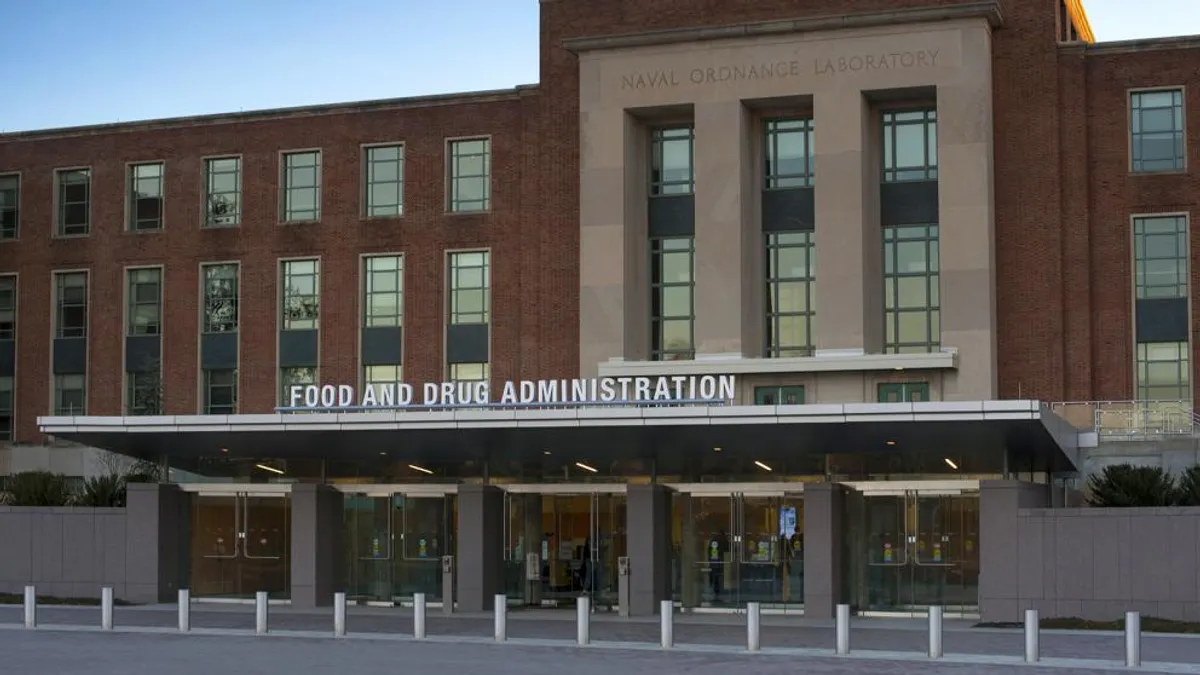Dive Brief:
- Cepheid said Thursday it received de novo authorization for the only molecular test in the U.S. to detect hepatitis C virus RNA directly from fingerstick blood samples.
- The Food and Drug Administration authorization positions healthcare professionals to diagnose hepatitis C at the point of care. The agency said that patients could be diagnosed and treated at the same healthcare visit.
- Cepheid’s authorization establishes special controls, clearing other companies to bring similar tests to market in the U.S. via the 510(k) pathway.
Dive Insight:
The FDA approved a drug, Gilead Sciences’ Sovaldi, in 2013 as an effective combination treatment. Follow-on products showed cure rates between 94% and 99%. Yet, the number of U.S. cases of acute hepatitis C more than doubled between 2014 and 2021.
Testing challenges offer one explanation for why hepatitis C cases increased at a time when drugs that effectively cure the disease are available. Before Cepheid’s authorization, healthcare professionals needed to send samples to central labs to test for hepatitis C. Diagnosis was a multi-step process that required patients to attend follow-up appointments and undergo additional testing, the FDA said.
Cepheid’s test could streamline the process and reduce the risk that patients will drop out before getting a diagnosis or beginning treatment. The Xpert HCV test runs on Cepheid’s Genexpert Xpress System. Sites with a Clinical Laboratory Improvement Amendments Certificate can use the test to detect hepatitis C virus in fingerstick blood samples within one hour.
“Equipping health care providers with tools to diagnose and treat patients in the same visit can result in hundreds of thousands more hepatitis C patients being diagnosed and treated, preventing individual disease progression and additional spread of the virus,” Jeff Shuren, director of the FDA’s Center for Devices and Radiological Health, said in a statement.
The FDA said substance use disorder treatment sites, correctional facilities and syringe service programs could potentially offer the test. Most new infections in the U.S. happen when people share needles or other equipment used to inject drugs, according to the Centers for Disease Control and Prevention.











